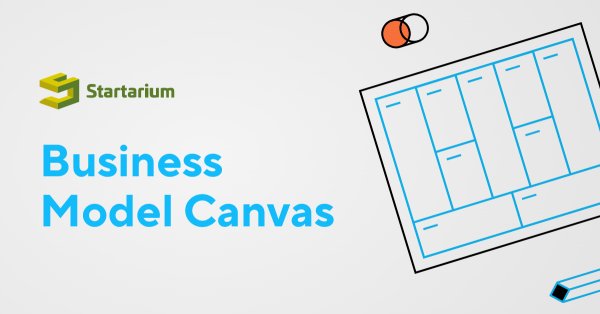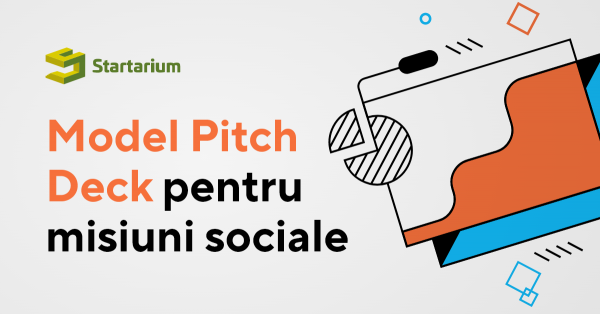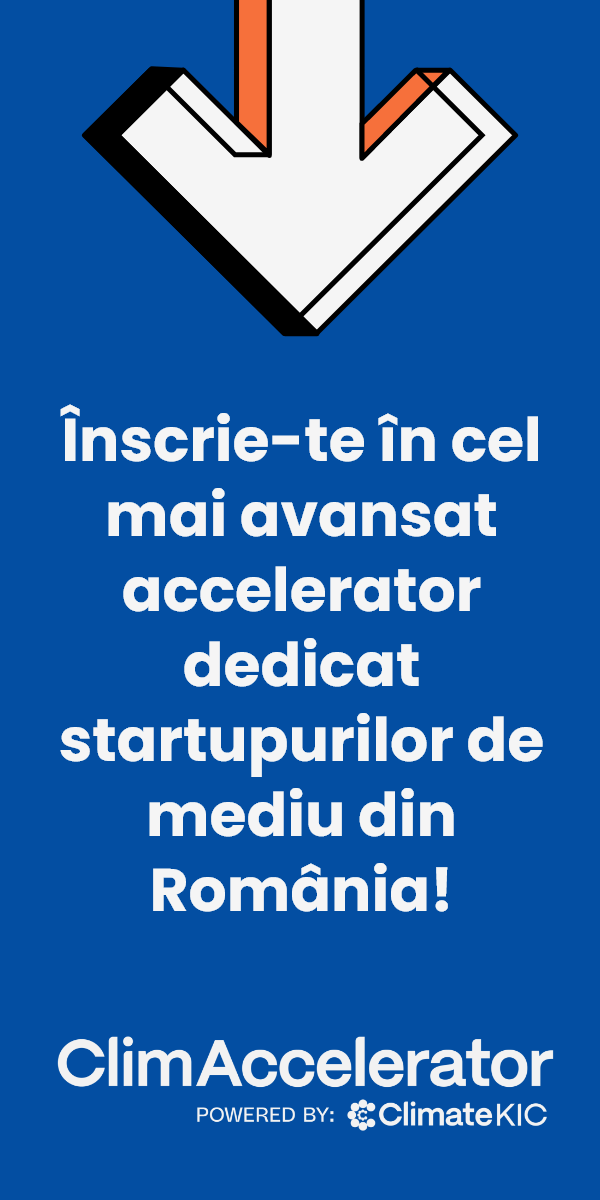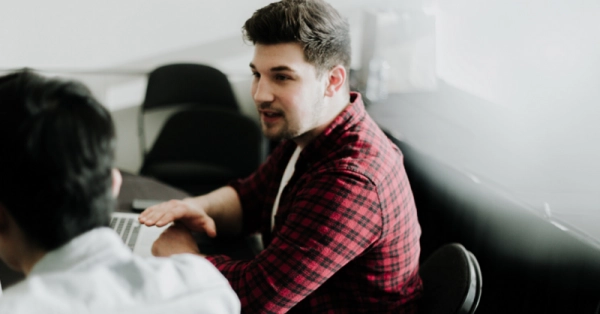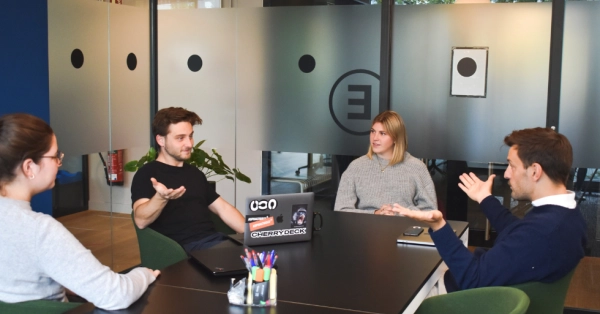Focus Groups are used to conduct a more in-depth needs analysis that complements the hard data of the previous activities with first-hand testimonials. This enables the organisation to assess and collect outcomes that truly takes into account the specific experiences and needs of the participants in the creative interventions.

Focus group research is useful for issues identification and to determine areas needing further research. They involve a group setting where the group has common shared experiences and allow stimulation of interaction among group participants.
The Focus Groups boosts reflection and discussion among participants, improving the possibilities ability to spot areas of (dis)agreement and in turn influencing the recommendations made for further creative interventions.
The organisation shall provide the agenda and the topics of discussion including the participants’ personal experiences, barriers they face, areas of opportunity that should be explored and needs.
During the focus group, the person responsible facilitating the focus group may use a set of activities, questions and tools.
The key phases are:
Phase 1: Welcome and introduction to creative intervention goals and contents
Phase 2: Introduction to the focus group
The facilitator explains that everything that is being discussed will be recorded and written down, highlighting that the privacy of the participants will be protected by ensuring the anonymity of the participants in the final report.
The facilitator will take screenshots and provide any supporting material needed, including evaluation forms etc.
Phase 3: Conducting the Focus Group and schedule
Generally, focus groups can be a way of capturing more qualitative information than a questionnaire will provide (i.e. how and why things happened or people felt or acted the way they did) and will take less time than administering several individual interviews. However, because focus groups are not as structured as interviews, you may not get the same level of detail from a focus group response as you would from undertaking several interviews.
Specifically, for evaluating creative interventions and relevant activities, focus groups can be used to understand:
- the creative intervention project process (the organisation, the management, the delivery);
- participants’ role and level of involvement in the project;
- expectations and aims of being involved in the project;
- feedback on the project, particularly feelings about the project outcomes and outputs;
- what changes, if any, have taken place;
- potential impact of the project on individuals;
- what worked well and what didn’t work;
- how the project could have been improved;
- understandings of certain concepts or issues (i.e. science, education, public engagement).
Unlike one-to-one interviews people can build upon one another’s responses and come up with ideas they may not have thought of one their own. They are particularly beneficial for bringing together a range of people.
Depending on how the session is structured a focus group can provide a good opportunity to reach a consensus on certain topics or issues (i.e. for instance a group could be asked to rank or agree on priorities for the direction of or next steps for the project).
Instructions
There are some general rules for using focus groups as a technique for evaluation:
- The size of the group matters - focus groups work best with 6-8 people.
- Ensuring that there is a set of ground rules for the focus group, covering what behaviour is acceptable within the session, make sure these are read out at the start to all participants (or stuck on the wall so you can refer to it if needed). The ground rules should be agreed by all participants at the start. Participants may be even asked to suggest some rules.
- Ensuring that the seating is in a circle so that people can see each other and everyone feels involved. If some individuals are physically marginalised, they may not contribute.
- The role of the focus group facilitator/moderator is very important. Leadership and interpersonal skills are required to moderate the group and the conversation. They should encourage discussion around particular topics or subjects. It is likely that they will have to step in at certain points to ensure that the session stays on track. It is suggested to use someone who is experienced in this area.
- The focus group should, if possible, be recorded and transcribed.
Who to use it with
Focus groups can be used with established groups (such as the project team) or with a group assembled specially to be a focus group (such as those involved in or impacted by the project).
When to use it
It is probably best to use focus groups before and after the engagement activities.
Limitations
- Focus groups require good mediation. The size and composition of the group are important considerations. Beware of dominating personalities who may restrict others from talking. Furthermore, look out for shy individuals who may feel intimidated by the situation and require encouragement.
- As it is an open-ended process, you may not get the precise answers that you would expect from a questionnaire or interview.
- Problems may arise when attempting to identify the individual view from the group view.
- Focus groups can be difficult to assemble; try to approach a pre-existing group. As well as saving time, group members will be comfortable with each other and perhaps more open and honest, than a group of strangers would be with each other.
- In some circumstances, focus groups are perceived by groups as an opportunity to complain about issues relevant to them, which soon becomes unconstructive. Beyond good mediation, one method to curtail this is to give the group the first 5-10 minutes to put their complaints across. Having been given the group this opportunity, they may be more willing to move forward into the discussion.
Considerations
Assure the focus group participants that their responses will be confidential, good practice is to ask participants to sign a consent form.
Worksheet
Focus group









